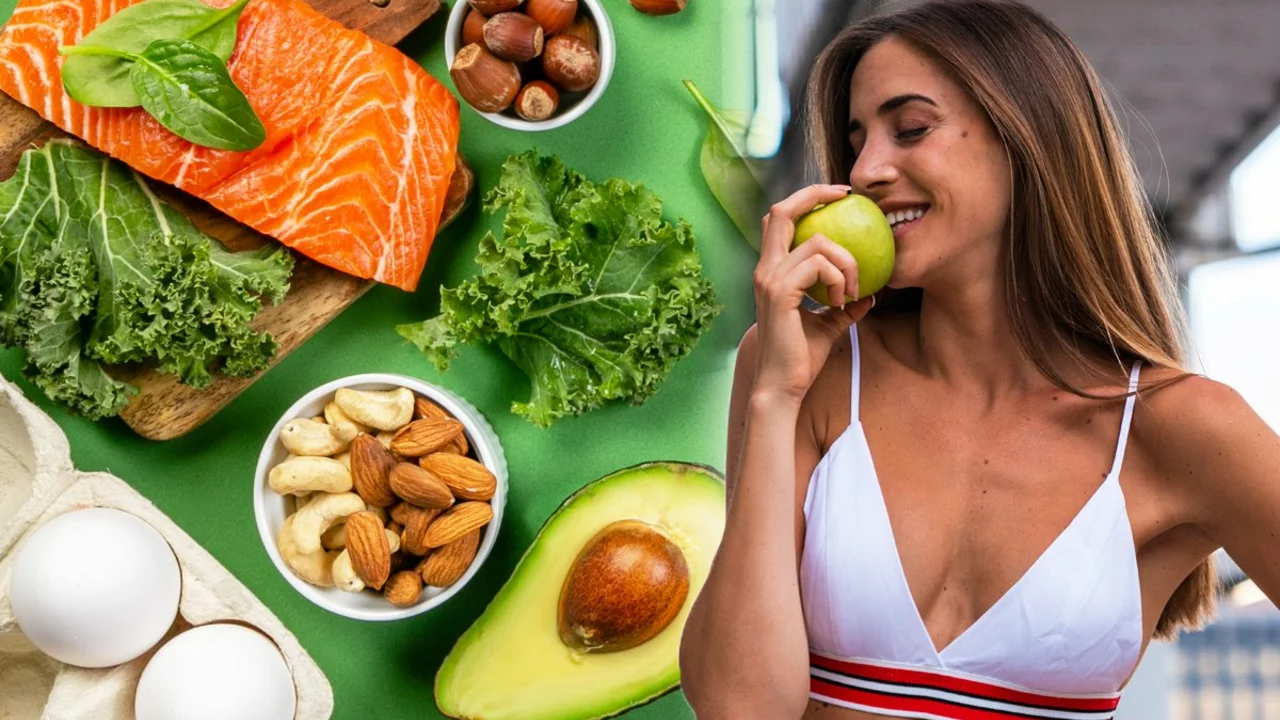Diet Transformation: Small Changes That Stick (and Keep You Safe on Meds)
Want to change the way you eat but tired of fad diets and confusing rules? A diet transformation doesn’t need drama. It’s about simple habits you can keep for months, not a sprint you quit after two weeks. If you take medications or supplements, some food choices matter — so this guide focuses on practical moves that work with your health, not against it.
First rule: fix one habit at a time. Swap refined carbs for whole grains at one meal. Add a vegetable to another. Do this for two weeks, then add the next change. Tiny wins add up faster than big, short-lived overhauls.
Daily habits that change your body
Start with a reliable breakfast: protein + fiber. Try eggs or Greek yogurt with fruit and oats. Protein helps appetite control; fiber slows digestion and keeps blood sugar steadier. For snacks, choose nuts, hummus with veggies, or a piece of fruit instead of chips.
Portion control beats calorie counting for many people. Use a smaller plate, fill half with vegetables, a quarter with lean protein, and a quarter with grains or starchy veg. That layout keeps meals balanced without obsessing over numbers.
Drink water first. Thirst often looks like hunger. Try a glass before eating — you might decide you don’t actually need another snack. If you drink coffee, keep sugary syrups low and avoid drinking extra calories between meals.
Medications and diet: what to watch for
Some meds change appetite, weight, or how your body handles salt and sugar. For example, diabetes drugs affect blood sugar, and certain diuretics or steroids influence fluid balance. Before changing your diet drastically, check how it might affect your medication. Ask your doctor or pharmacist if certain foods should be avoided or timed differently with pills.
Supplements can also interact with drugs. For instance, high-dose vitamin K affects some blood thinners; grapefruit can change levels of many medications. If you take prescriptions, mention any supplement you plan to try — a short chat can prevent big problems.
Want to lose weight faster? Focus on consistency, not perfection. Walk 20–30 minutes after meals to help digestion and blood sugar. Replace one sugary drink per day with water or sparkling water. Sleep matters: aim for 7 hours, because poor sleep raises cravings and lowers willpower.
If cost is a concern, you can still eat well without expensive specialty foods. Frozen vegetables, canned beans, oats, and whole grains are cheap, filling, and nutritious. Planning two simple recipes for the week cuts food waste and impulsive takeout orders.
Need extra support? Look for realistic programs or talk to a dietitian. If you’re on medications, a professional can tailor advice to your drugs and health goals. On this site you’ll also find articles about diabetes meds, supplements for brain and energy, and safer ways to buy prescriptions — useful if your treatment plan changes as your diet improves.
Change your diet one steady step at a time. Be consistent, check with your healthcare team about meds and supplements, and use practical swaps that cost less and last longer.
 21 Jul 2023
21 Jul 2023
In my latest blog post, I've explored the unique benefits of integrating lavender supplements into our diet. Lavender is not just a pretty flower, it's a powerhouse of calming effects that can help reduce anxiety and induce sleep. It's an all-natural supplement that can significantly improve our mental health. So, if you're looking for a simple, natural way to bring more calm into your life, lavender supplements might just be the answer. Let's dive deeper into this topic and see how lavender can transform our diet and overall well-being.
View More

